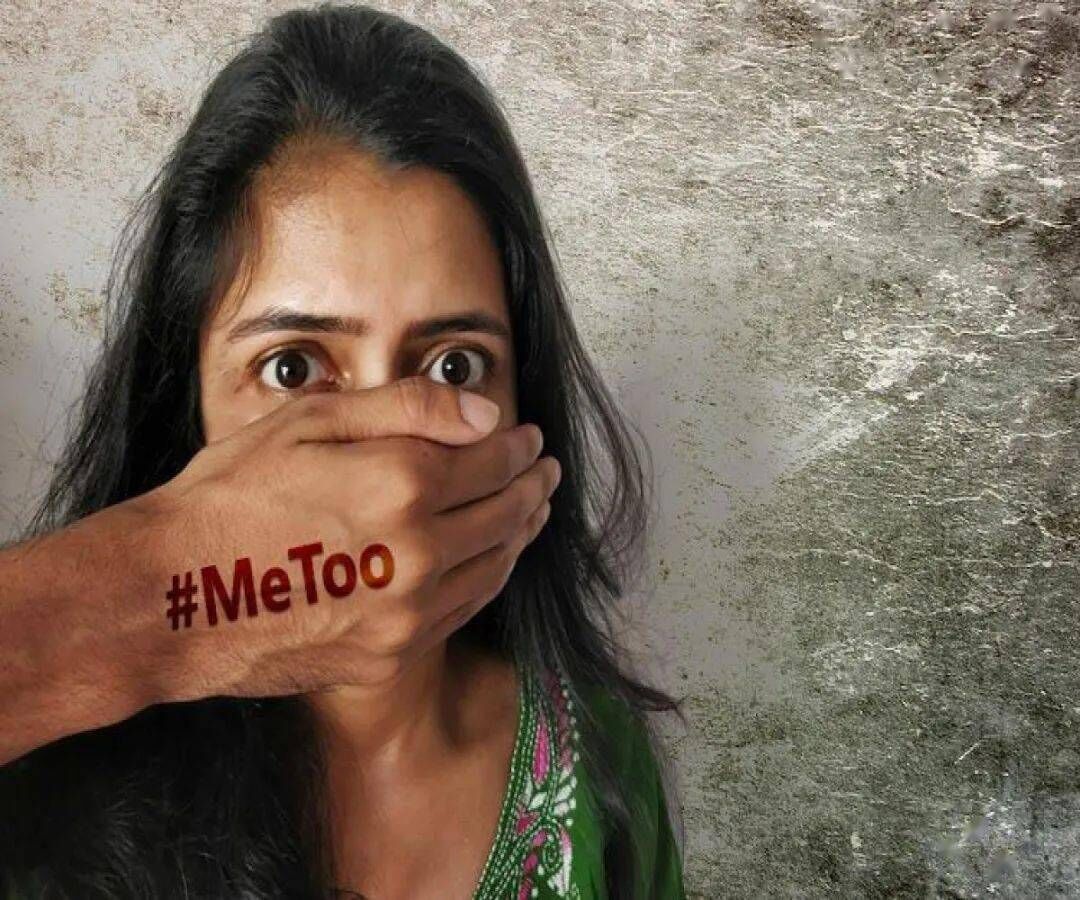Rehabilitating predators
Many accused in the #MeToo movement have found their way back into the mainstream without apology or punishment

We all know about the pre-17th Century European fairy tale, 'Little Red Riding Hood'. In the story, a sly wolf stalks and eventually 'devours' a little girl and her grandmother. Thankfully, a huntsman snips the wolf's stomach open and saves the duo. With its tummy filled with stones and unable to flee, the wolf is then skinned alive by the huntsman. Now it's well-known that almost every favourite childhood fable of ours has cleverly hidden warnings within it. This story about the little girl and her encounters with a wily wolf were meant to caution kids, especially girls, about predators. In the story, the wolf meets its comeuppance but in today's day and age, predators receive gala welcomes on television shows.
This week, old wounds were provoked and hearts broke at the normalisation of sexual abuse and harassment. Many survivors of sexual harassment watched in disgust and disbelief as #MeToo accused, Sajid Khan gained entry into popular reality show, Bigg Boss Season 16. Khan was accused by 9 women on various counts of misconduct including asking inappropriate questions and dangling his uglies in front of the women. And yet there he was coming into the show in blatant disrespect to the many survivors of his abuse.
The rehabilitation of sexual predators in India started soon after the deluge of #MeToo accusations from a few years ago. Around this time in 2018, bosses, colleagues, and acquaintances across professional fields were called out for predatory behaviour, inappropriate language, touch, and gesture. Seniors, who misused their position of power to harass and coerce subordinates, were named and shamed. For a few brief moments it felt that the #MeToo revolution that was changing the world would also alter our country. Unfortunately, that was but a fleeting moment of false optimism.
Ever since the #MeToo upheaval, efforts have been rife in bringing these sexual predators back into the public fold. The accused have surreptitiously been garnering support from the old boys' club and receiving projects, jobs, and columns. Even though some cases still remain sub-judice, it's clear as day to see that the price paid was by the women. Many who dared to call out their harasser were trolled and humiliated, some lost livelihoods. The predator on the other hand, continued with his life only briefly truncated, enjoying the company of other powerful men and women from the world of cinema, music, and politics. Their deeds not spoken of, their actions forgotten, their seedy character whitewashed with the help of a few good friends.
In the US, people have paid for their misdemeanours — Harvey Weinstein, R Kelly, Andrew M Cuomo, Deshaun Watson. But in India, we see the 'mainstreaming' of these clutch of men who have been accused by dozens of brave women. Aiding their rehabilitation are not only men, but also other women, who are enablers of perverted behaviour. Many of these men and women turned the other away when deviant behaviour was staring them in their face. They swept aside the transgressions, laughed away the sexual assaults as overzealous flirting. These men and women who perpetuated such shameful acts are today helping society wipe off those despicable deeds from public memory.
Is there a place for penance and forgiveness? Of course, there is. Everyone should be allowed to repent, evolve, and move on from their mistakes. But to do so, there must first be an acceptance of misconduct followed by a sincere apology, perhaps even punishment and compensation…then, only then, should come forgiveness. In the absence of this, the bravery of all the women, all of us, was for nothing.
The writer is an author and media entrepreneur. Views expressed are personal



